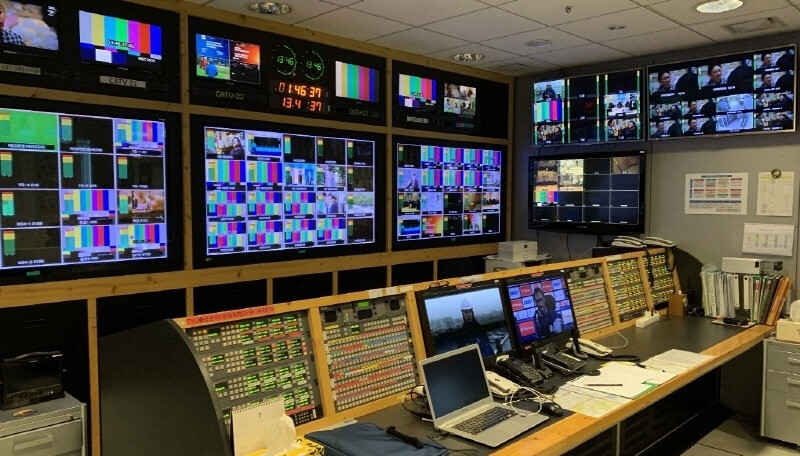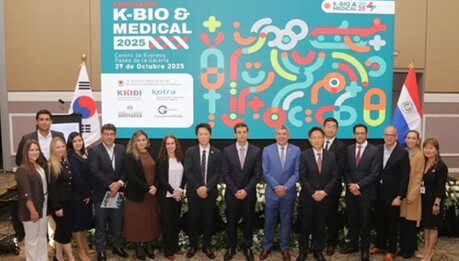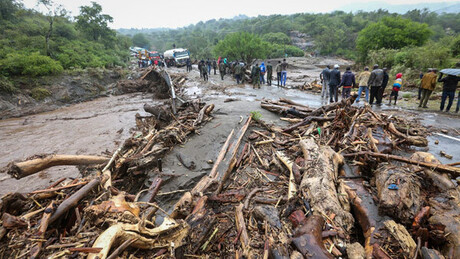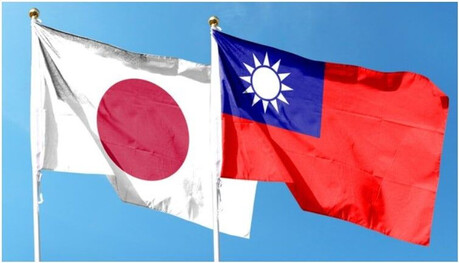
A recent survey has cast a harsh light on the persistently precarious working conditions for South Korea's broadcast production staff, including producers (PDs) and writers. The industry is characterized by excessively long working hours, rampant reliance on verbal agreements, and high job insecurity, prompting the Ministry of Employment and Labor (MOEL) to prioritize the enactment of new protective legislation.
According to the '2024 Survey on the Labor Environment of Broadcast Production Workers' by the Korea Creative Content Agency, the average weekly working hours for broadcast production personnel were reported at 49.9 hours. Producers clocked an even higher average of 56 hours per week, with broadcast writers not far behind at 52.6 hours.
Compounding the problem is the industry's tendency to compress work into intense, continuous shifts. The average maximum continuous working time—the period worked without a return home—was found to be 19.7 hours. Producers reported an average maximum of 28.6 hours straight, while writers averaged 23.4 hours, underscoring the severe lack of rest and work-life balance. One veteran variety PD remarked, "Twelve hours a day is the minimum, and it's guaranteed to be over 60 hours a week. A day off is rare."
Verbal Agreements and Contract Instability Endure
A significant portion of the workforce still operates without a formal safety net. 34.4% of respondents reported experiencing verbal contracts, highlighting the persistence of unwritten agreements in production settings. This practice is particularly prevalent among broadcast writers (41.0%) and field technical staff (46.0%), many of whom are classified as freelancers or dispatched workers.
Even when written contracts are used, a substantial 34.2% are freelance agreements, trailing only behind standard employment contracts (39.1%). This contractual structure leaves many outside the protection of the Labor Standards Act. A 24-year veteran technician noted the general reluctance in the field to issue written contracts, stating, "They don't write contracts well. There's an atmosphere of avoidance."
Job security is alarmingly low. 9.2% of all production staff had experienced termination mid-contract, but this figure soared to 19.9% for broadcast writers and 15.9% for PDs. Early program cancellations due to poor ratings or budget cuts are common reasons for sudden dismissals. Consequently, overall dissatisfaction with employment stability was high at 51.2%, skyrocketing to a troubling 84.0% among writers.
Government Pushes for 'Workplace Rights Guarantee Basic Act'
The average annual pre-tax salary for broadcast production workers in 2023 was 43.11 million won. However, many reported minimal salary increases despite years of experience, with a 15-year current affairs PD noting that "salaries barely rise after about 10 years."
In response to these pervasive issues, the MOEL, led by Minister Kim Young-hoon, has vowed to champion the 'Workplace Rights Guarantee Basic Act' as a top legislative priority, possibly by the first half of the coming year. This law is specifically designed to extend fundamental labor protections to workers currently falling outside the scope of the Labor Standards Act, such as platform workers, freelancers, and special-type workers (like broadcast writers and technical staff).
Minister Kim stressed the government's commitment, stating, "While some may only remember the works, the MOEL will actively pursue policies for the people behind the works and their labor rights." The initiative is a direct attempt to address the 'blind spots' in labor law and ensure basic rights for all workers in the South Korean economy.
[Copyright (c) Global Economic Times. All Rights Reserved.]




























